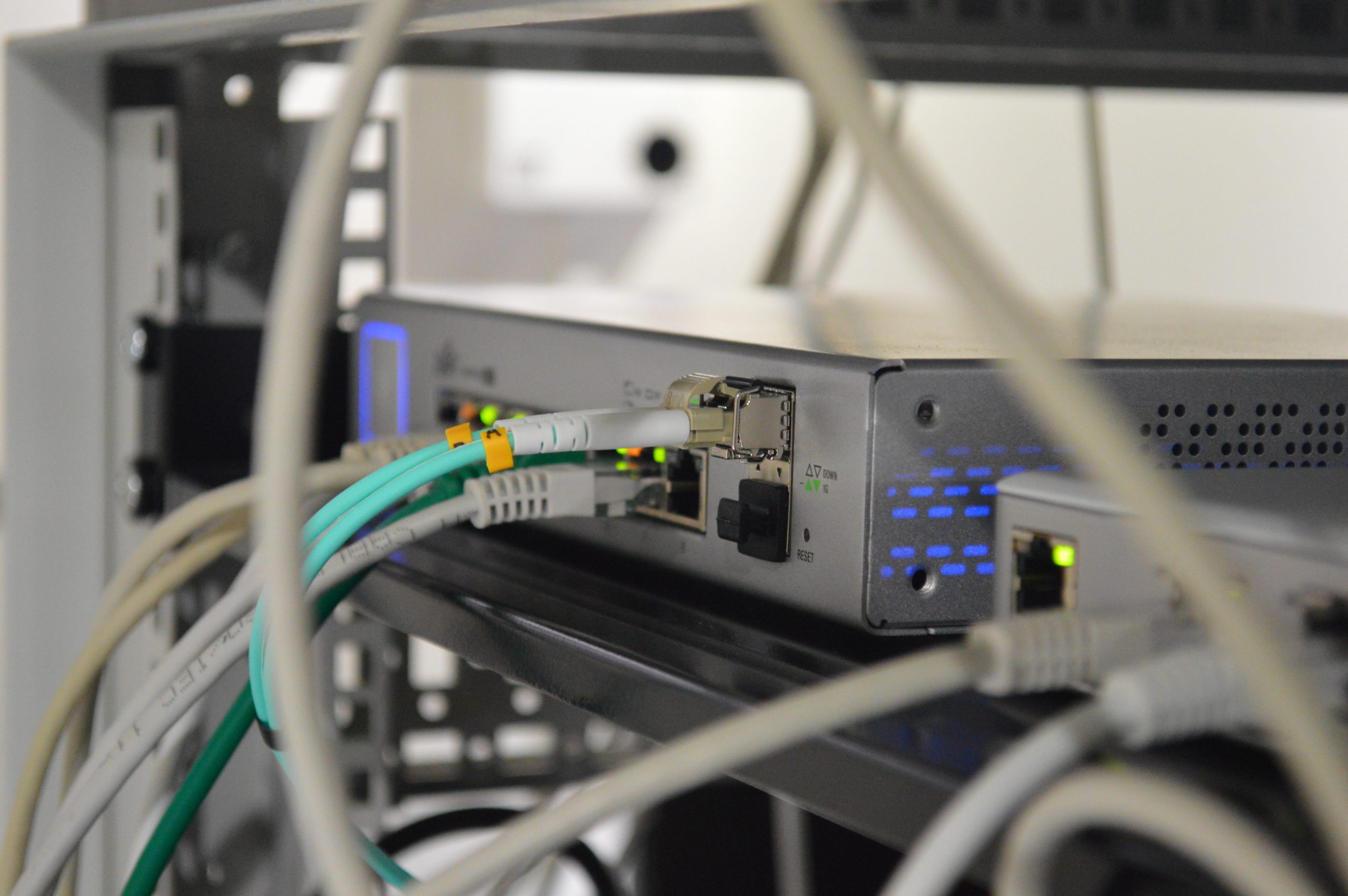
Restoring the Federal Communications Commission’s Legal Authority to Oversee the Broadband Market
Summary
The next leadership team of the Federal Communications Commission (FCC) must prioritize restoring the agency’s authority to protect consumers and competition in the broadband market. Under the next administration, FCC leadership should quickly commence a proceeding proposing to reclassify broadband as a “telecommunications service” under Title II of the Communications Act of 1934. This reclassification puts the FCC on the firmest legal ground to
- Restore or strengthen the 2015 network neutrality rules that prohibit providers of broadband Internet access from blocking, throttling, or otherwise discriminating against certain Internet traffic
- Fund broadband through the FCC’s four universal service programs
- Protect consumers from fraud and privacy violations
- Promote broadband competition, and
- Protect public safety.
FCC leadership should simultaneously work with Congress to develop legislation to codify this authority as law, thereby protecting against potential future reversals.
The Federation of American Scientists supports Congress’ ongoing bipartisan efforts to strengthen U.S. leadership with respect to outer space activities.
By preparing credible, bipartisan options now, before the bill becomes law, we can give the Administration a plan that is ready to implement rather than another study that gathers dust.
Even as companies and countries race to adopt AI, the U.S. lacks the capacity to fully characterize the behavior and risks of AI systems and ensure leadership across the AI stack. This gap has direct consequences for Commerce’s core missions.
As states take up AI regulation, they must prioritize transparency and build technical capacity to ensure effective governance and build public trust.